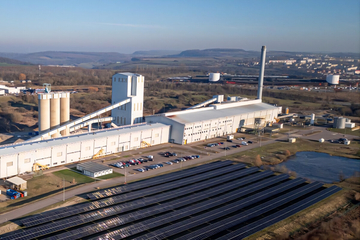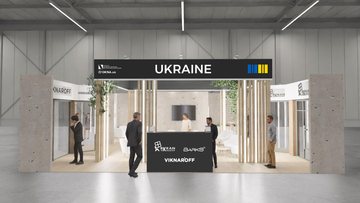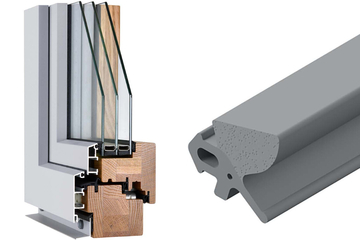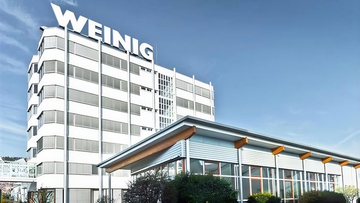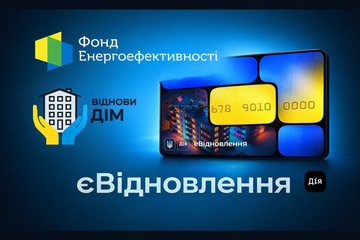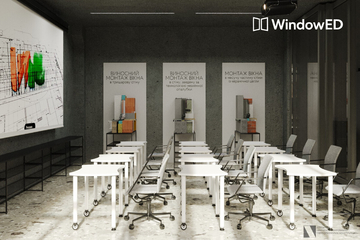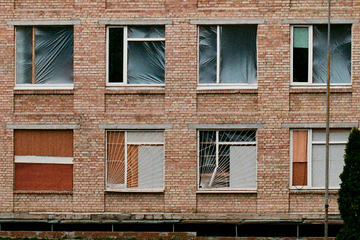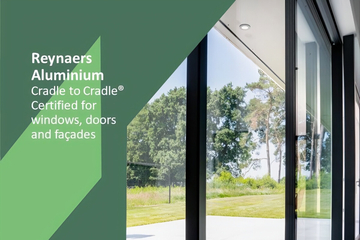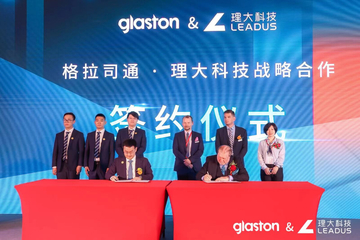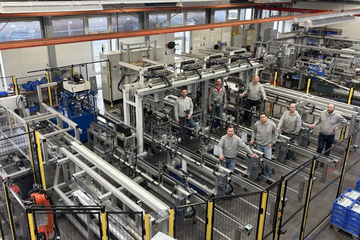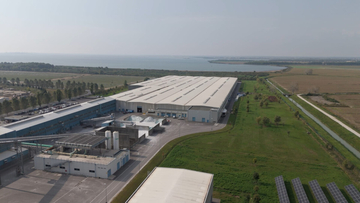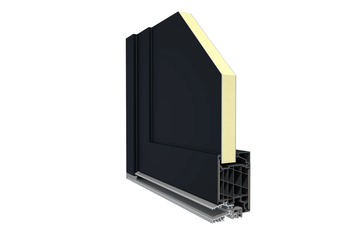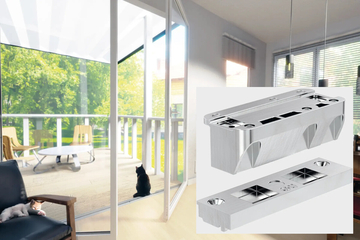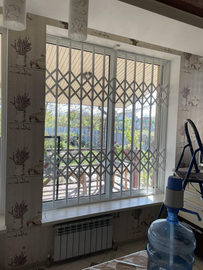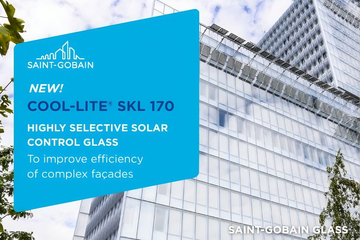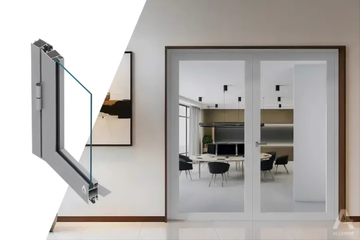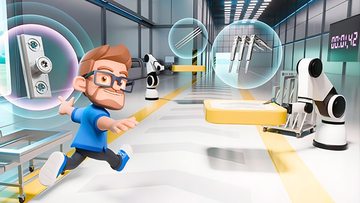Researchers from the University of Pennsylvania have presented a new type of glass. They claim that LionGlass requires significantly less energy to produce and is much more resistant to damage than standard glass. The research team has applied for a patent.
Conventional glass is made by melting three basic materials: quartz sand, soda ash and limestone. Soda is sodium carbonate and limestone is calcium carbonate, both of which release carbon dioxide (CO2) during melting. LionGlass does not use any materials that contain carbon. The researchers did not report which compounds replaced soda and limestone.
But most of the CO2 emissions come from heating the furnaces to high temperatures to melt the glass. During the production of LionGlass, the melting temperature is reduced by about 300-400 0C. This leads to a reduction in energy consumption of around 30% compared to conventional glass.
Another advantage of the new glass is its resistance to cracking. According to the team, conventional glass cracks under a load of about 0.1 kilogram of force. The new glass did not crack under a load of one kilogram. This is not the limit of LionGlass's resistance. The researchers only reached the maximum load allowed by the Vickers equipment.
The project's lead researcher, John Mauro, hopes that the increased strength of the new glass means that products made from it can be lighter. Since LionGlass is 10 times more resistant to damage than current glass, it can be significantly thinner.
The next step in LionGlass' development is to partner with a glass manufacturer to scale up the process. Today glass manufacturers are using recycled glass and green energy, improving the energy efficiency of the melting furnace and using hydrogen instead of gas to reduce CO2 emissions.
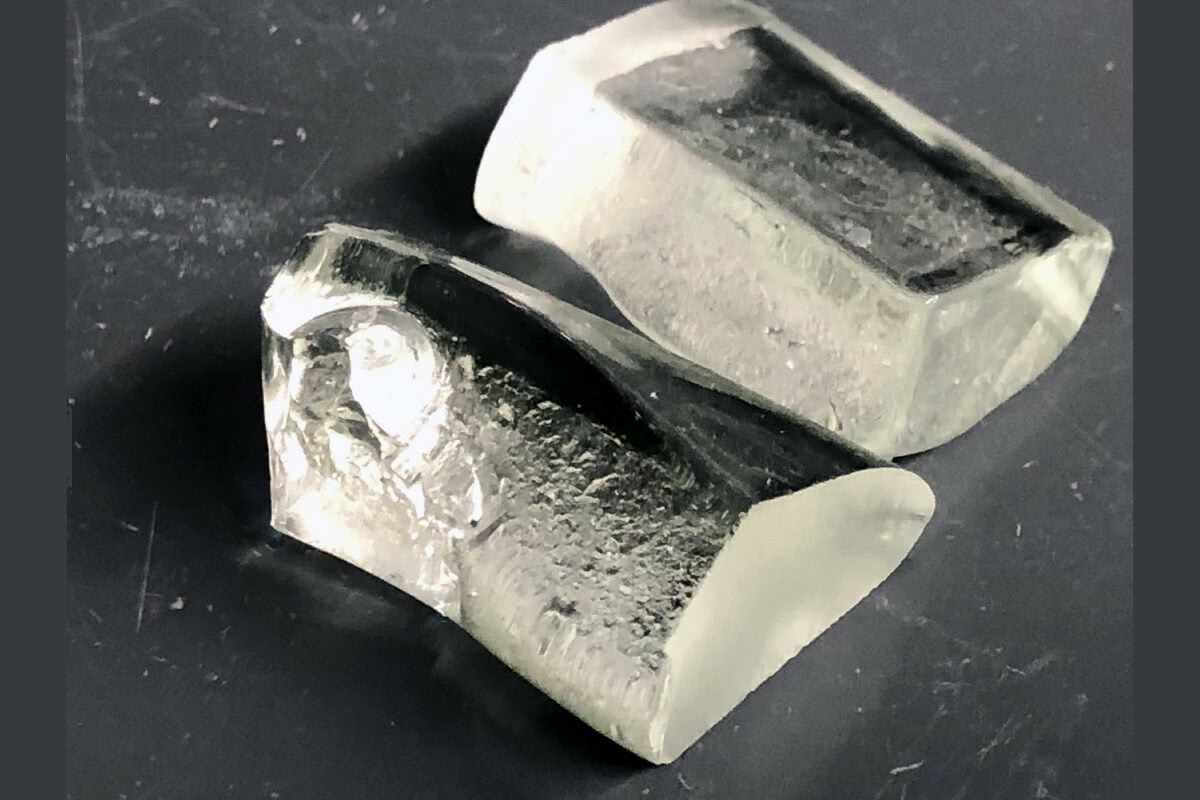
Photo: Adrienne Berard(с) Penn State
A sample of LionGlass requires less energy to produce and is more damage resistant than standard glass.
New glass reduces carbon footprint by almost half and is 10 times more resistant to damage
ID no: 22786
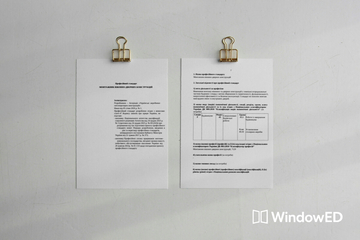
Feb 5, 2026
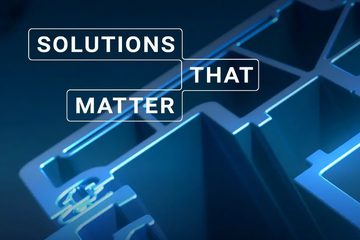
Feb 3, 2026
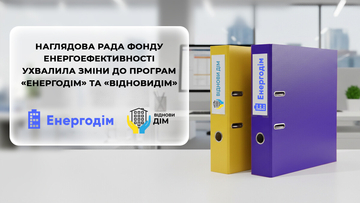
Today 18:54
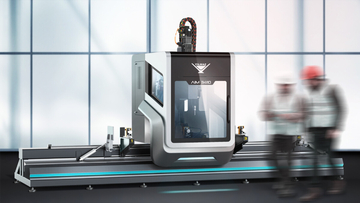
Today 18:23
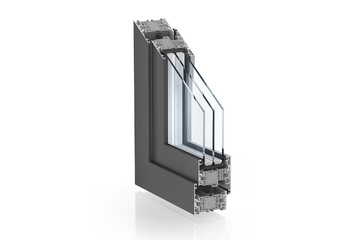
Today 16:44
